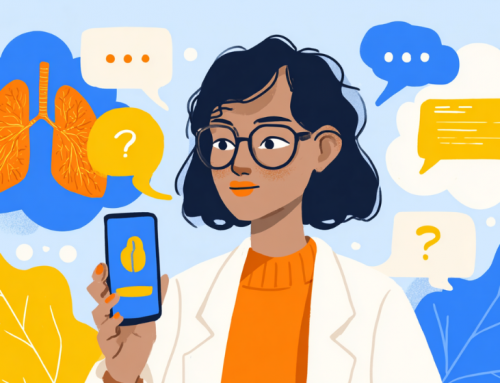
Thirteen million Americans suffer from PTSD, which may be detectable by AI programs in the near future.
AI Reads Audio Visual Signals to Gauge Depression, PTSD Levels
Most of everyone on earth has had the blues at one time or another. We give off facial signals or express sadness in our vocal tones. New AI programs now are helping to detect even the subtlest signs of depression in people— startups like Beyond Verbal, Affectiva, and MIT spinout Cogito, which are leveraging natural language processing.
But it will take more than just sound waves, it will take facial recognition, as well.
A story on VentureBeat.com cites research on the problem of detection from scientists at the Indian Institute of Technology Patna and the University of Caen Normandy (“The Verbal and Non Verbal Signals of Depression — Combining Acoustics, Text, and Visuals for Estimating Depression Level”), which examines how nonverbal signs and visuals can drastically improve estimations of depression level.
“The steadily increasing global burden of depression and mental illness acts as an impetus for the development of more advanced, personalized and automatic technologies that aid in its detection,” the paper’s authors wrote. “Depression detection is a challenging problem as many of its symptoms are covert.”
In a related story in TheDailyBeast.com, a new study reports that programmers have created an AI program that detects PTSD, Post Traumatic Stress Disorder, after conversing with a patient. It gauges inflections, tones and even the word choice in a patient’s speech pattern. It has an 89% success rate. With 20 or more veterans committing suicide daily in America, these AI-driven programs can benefit all medical arenas. PTSD doesn’t just come from a war setting. According to the Sidran Institute, 70 percent of Americans face a traumatic event in their lives; 20 percent of them will deal with PTSD. At any given moment, 13 million Americans struggle with PTSD.
The stories go into great details on what these programs use for markers to evaluate a patient, and some of the processes used when diagnosing patients for PTSD. In India alone, an estimated 300 million suffer from depression.







Leave A Comment